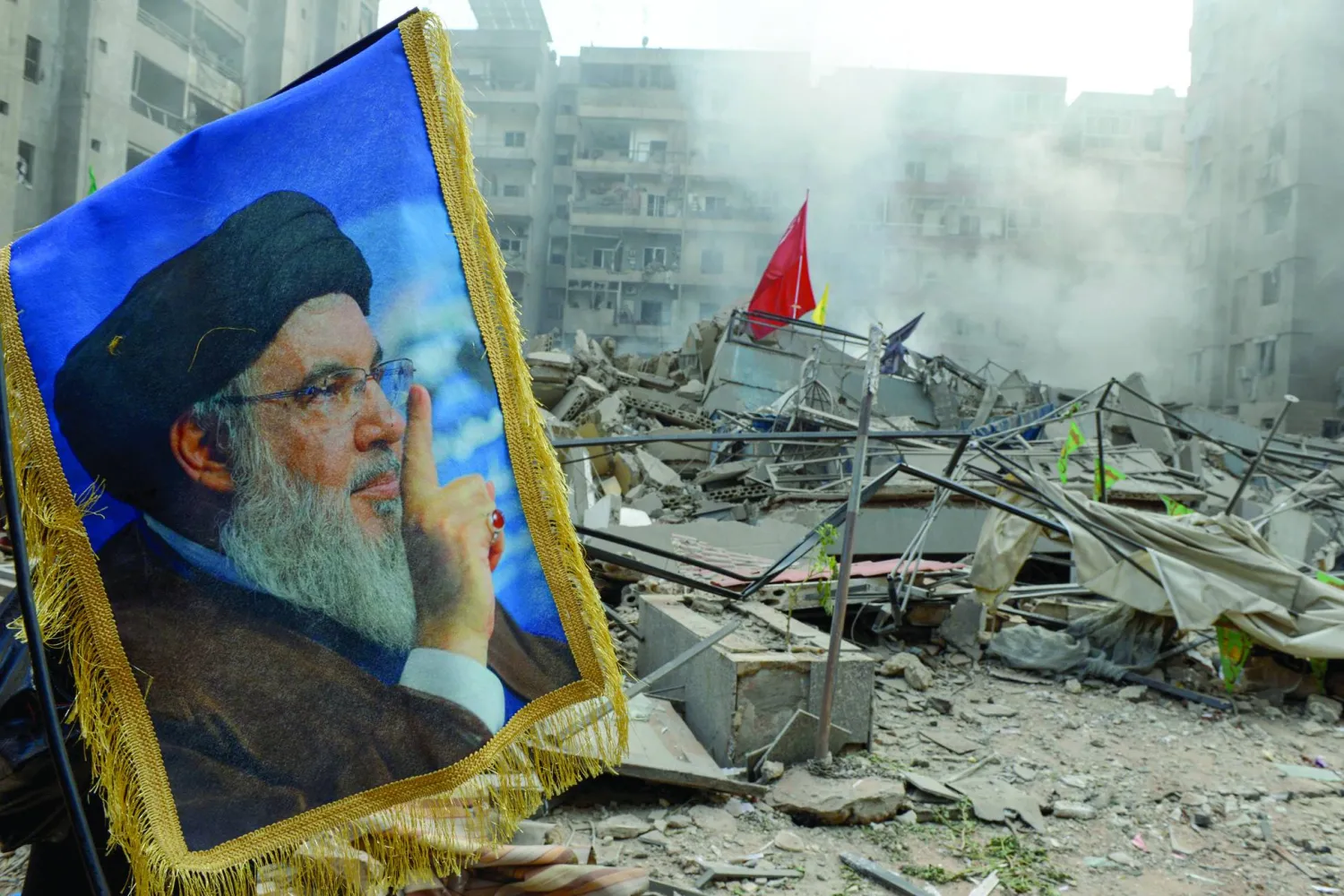Hezbollah deputy Secretary General Sheikh Naim Qassem acknowledged that the party had to make changes to its military approach in its war with Israel in southern Lebanon.
The conflict between the two parties erupted on October 8, a day after Hamas launched its surprise attack on Israel, sparking the war on Gaza.
Initially, Hezbollah launched attacks against Israel from southern Lebanon in “support of the resistance in Gaza.” The war has now turned into one of attrition, running along the southern border.
Israel’s attacks on the South have devastated villages and left hundreds of people dead.
Qassem said on Friday Hezbollah “has learned lessons” from the fighting, “assessed the positives and negatives” and made “necessary amendments so that it can achieve a major accomplishment.”
Figures close to Hezbollah revealed that the party has lost some 300 fighters in the war. The Health Ministry has tallied 351 deaths and 1,413 injuries.
Researcher at Information International Mohammed Chamseddeine said Hezbollah lost 350 fighters during the July 2006 war against Israel, while it has now lost some 290 members in eight months.
In remarks to Asharq Al-Awsat, he added that 57 civilians have been killed in the latest war compared to 1,267 in 2006.
Several observers believe it is unfair to compare the current war to the one 2006. They say the current conflict is limited to the South and Hezbollah has said it is aimed at supporting Gaza. The 2006 conflict was an “all-out war” with Israel launching strikes across Lebanon.
In March, Hezbollah announced that it had carried out 1,194 operations against Israel since October 8 revealing that it killed and injured 2,000 Israelis.
Director of the Middle East Center for Studies and Political Research Dr. Hisham Jaber said that back in 2006, Israel realized that it could not continue with the war because it was unable to achieve its goal of “breaking Hezbollah.” So, it ended it after 33 days.
At the time, Hezbollah boasted some 6,000 professional fighters and 10,000 members. Now, the figures are much greater, and the party’s fighters have gained experience during their involvement in the war in Syria, he told Asharq Al-Awsat.
Israel has also raised its military capabilities and built on its past experiences.
Jaber described the conflict in the South as a war of attrition. “Hezbollah started the war and is now involved. It can no longer comply with Israeli demands and conditions because that will harm is image before its supporters and Lebanese people. So, it has no other interest than forging ahead with the war and persevering,” he explained.
“We must note, however, that the party has only revealed very little of its arsenal. The Radwan forces have not even taken action,” he went on to say.
For its part, Israel has no interest in launching a ground invasion of Lebanon, especially with the experience Hezbollah has gained in Syria, putting it at an advantage over the Israelis.









